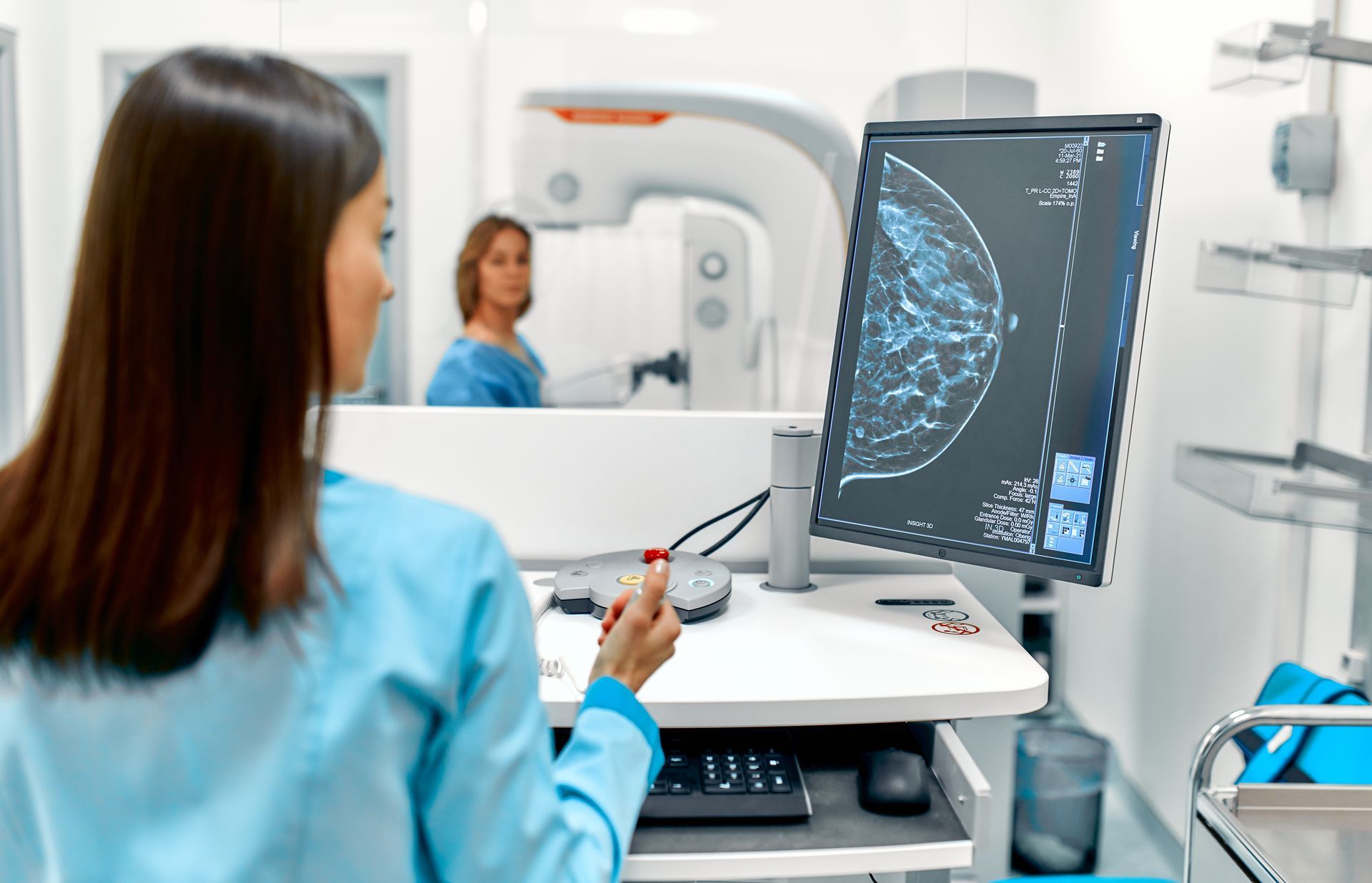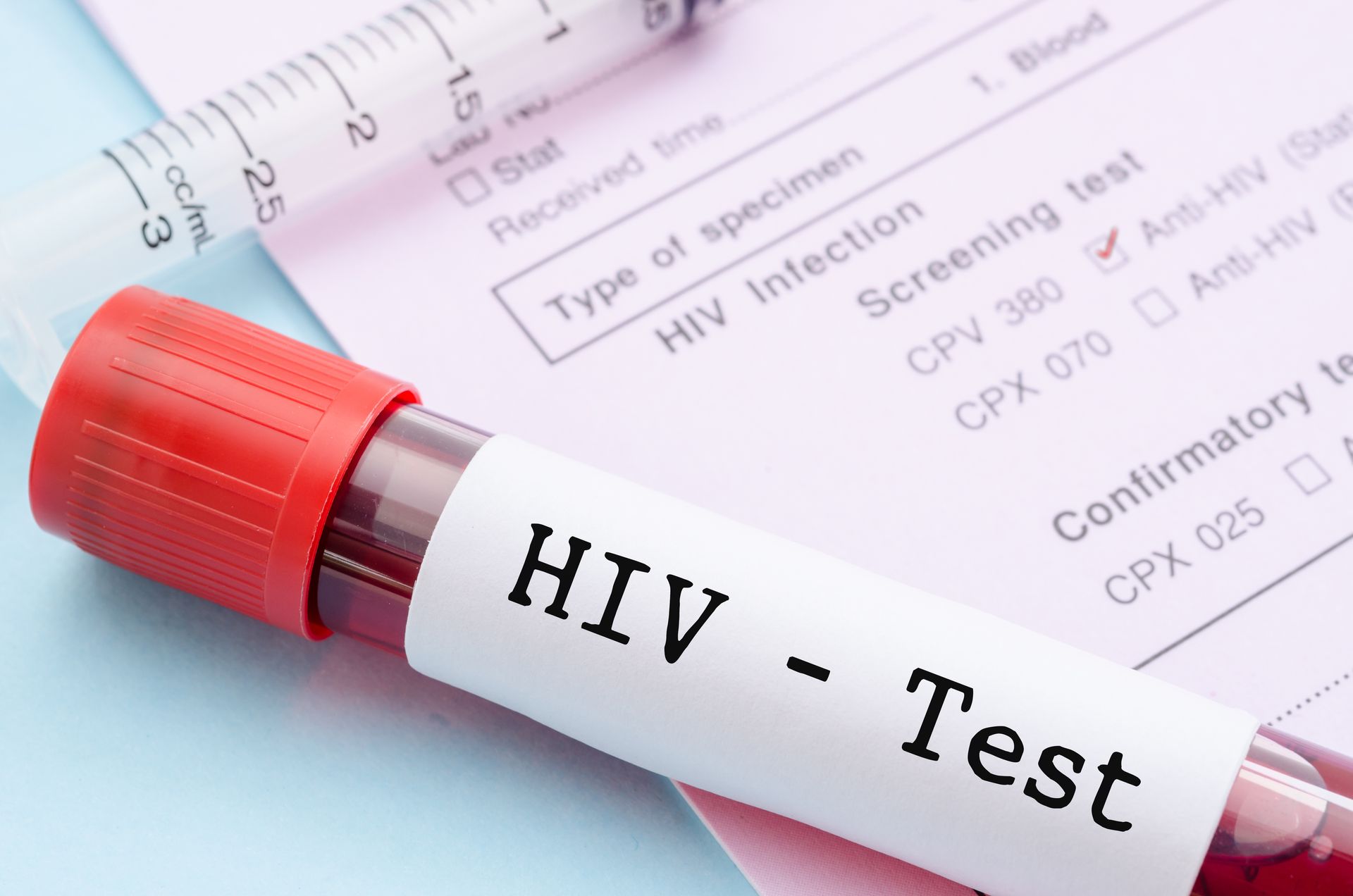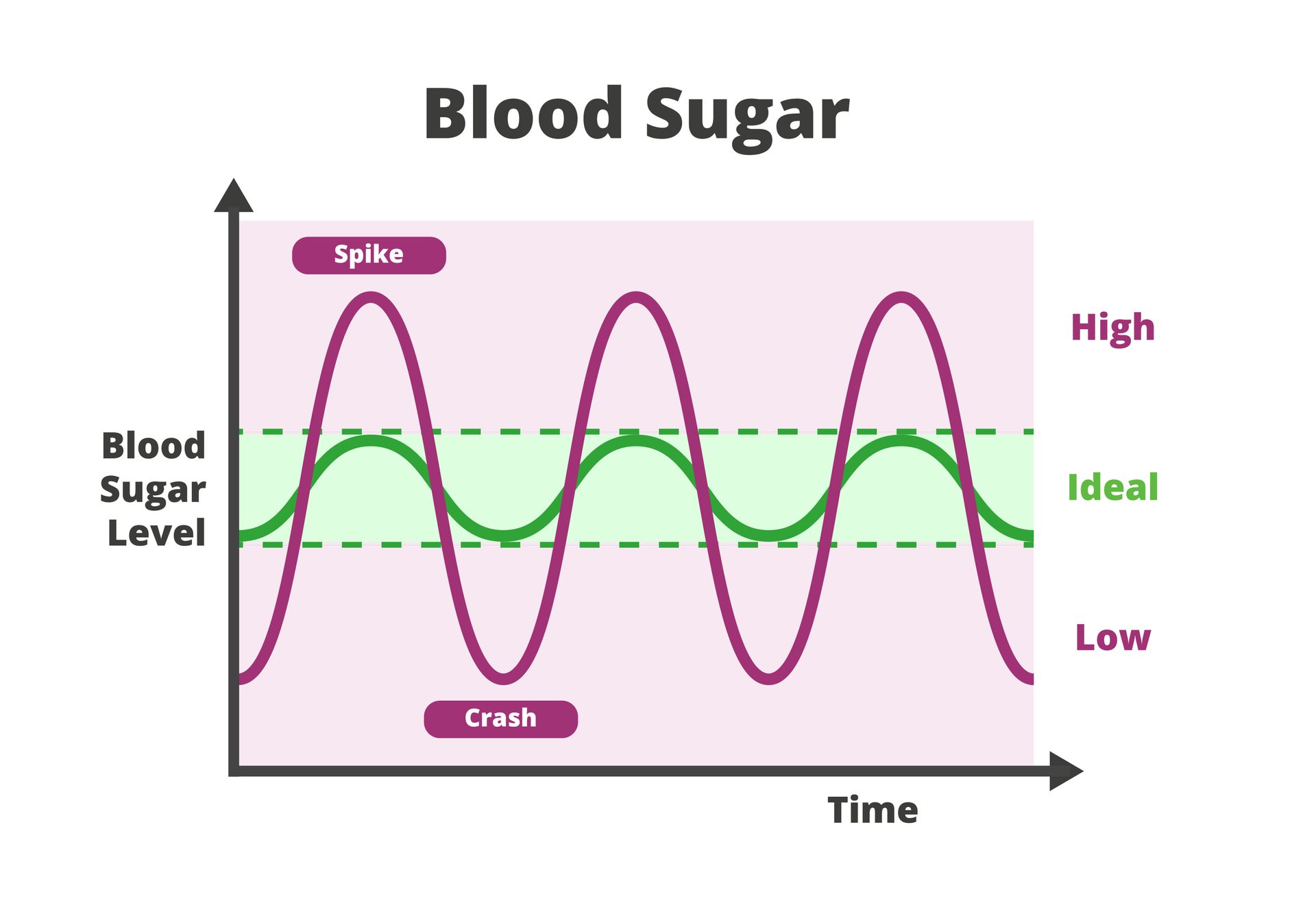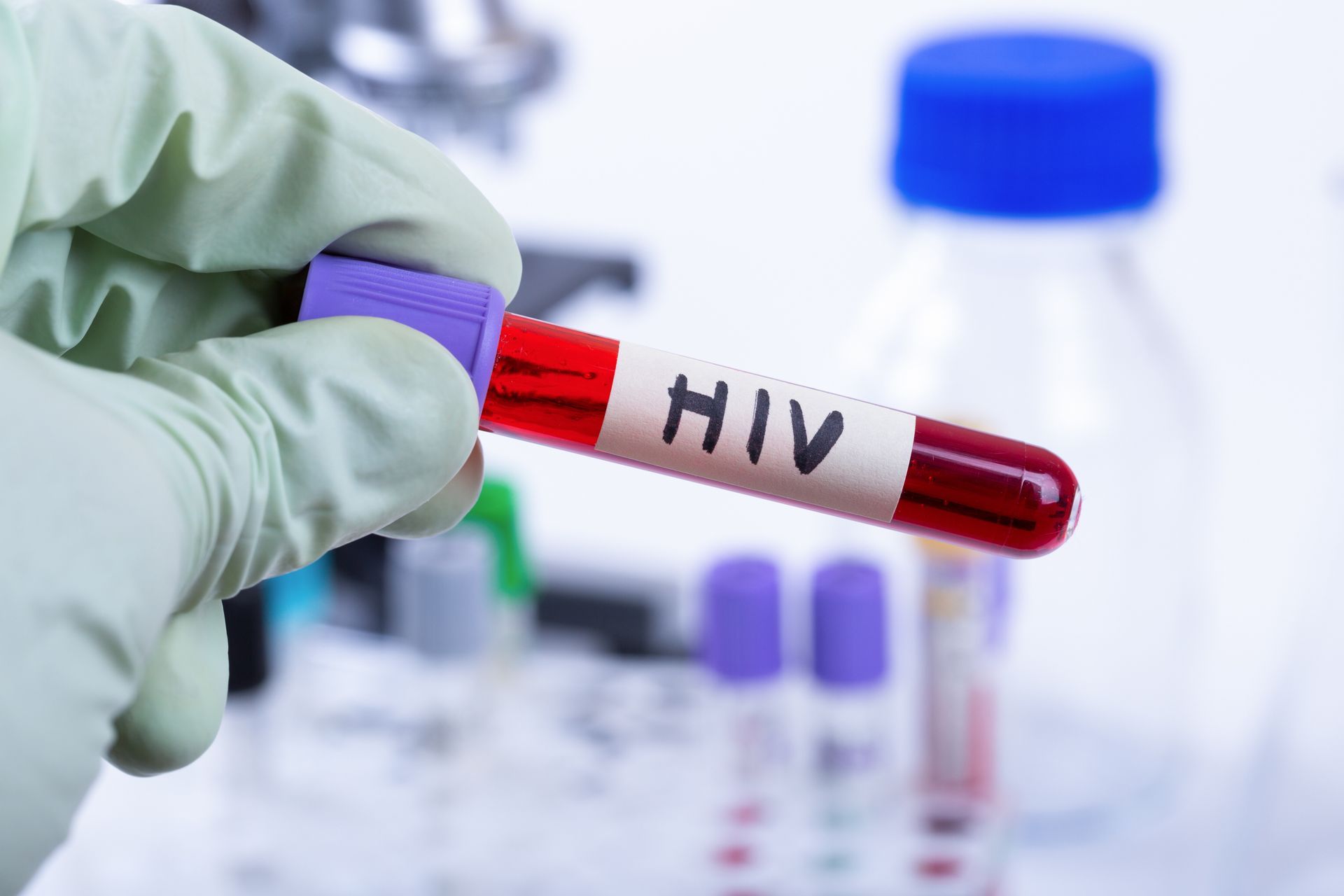Recent Posts
How Primary Care Providers Screen for Early Signs of Cancer
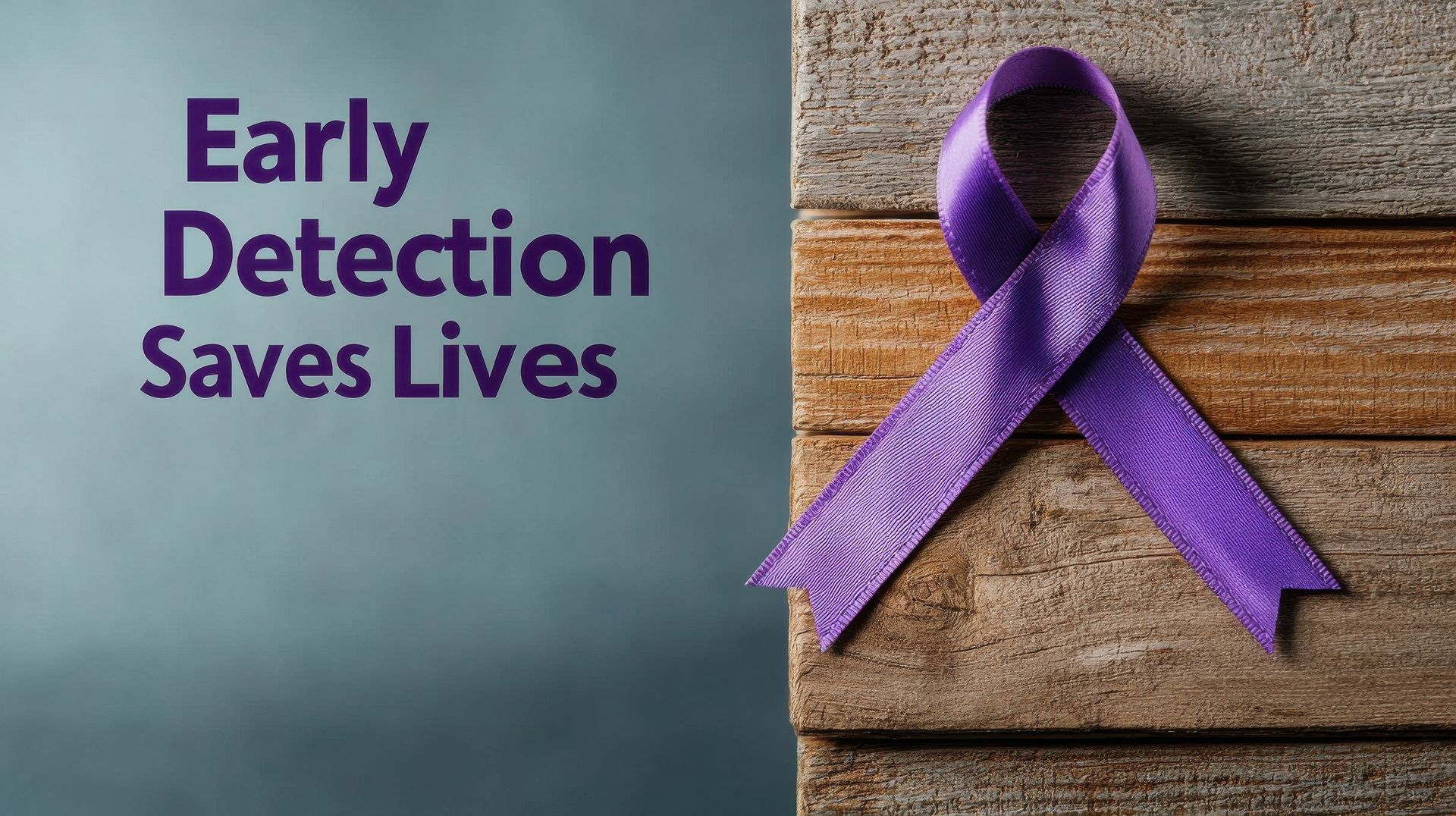
Cancer is one of the leading causes of death worldwide, but the good news is that many types of cancer can be treated effectively when caught early. That’s why primary care providers (PCPs)—the doctors patients see most often—play such a critical role in cancer prevention and early detection.
They are the first line of defense, identifying risk factors, initiating routine screenings, and spotting warning signs that warrant further investigation. Whether you're seeing your doctor for an annual check-up or discussing new symptoms, your PCP is trained to look for early indicators of cancer.
Routine Screenings: Your First Line of Defense
Primary care providers follow evidence-based screening guidelines developed by organizations like the U.S. Preventive Services Task Force (USPSTF). These guidelines help PCPs determine when to start screenings based on factors such as age, sex, family history, and personal risk.
Breast Cancer
One of the most common cancers among women, breast cancer is typically screened for using a mammogram. Most guidelines recommend that women begin regular mammograms around age 40 to 50, with frequency depending on personal risk factors.
Your PCP will review:
- Family history
- Lifestyle factors
- Symptoms such as lumps or nipple discharge
This helps determine whether earlier or more frequent screening is needed.
Prostate Cancer
Prostate cancer is one of the most common cancers in men, especially those over 50. Screening typically includes:
- Prostate-specific antigen (PSA) blood test
- Digital rectal exam (DRE)
PSA levels can rise for reasons other than cancer, so your PCP will consider all findings before recommending next steps.
Colorectal Cancer
Colorectal cancer screening usually starts at age 45 and may involve:
- Colonoscopy
- Stool-based tests
- Flexible sigmoidoscopy
If a stool test returns abnormal results, your PCP will refer you for a colonoscopy to detect polyps or early cancer.
Cervical Cancer
For women, Pap smears and HPV tests are standard methods for detecting early signs of cervical cancer. These are typically done every 3 to 5 years for women aged 21 to 65, depending on risk and past results.
Since HPV is a major cause of cervical cancer, your PCP will assess both virus presence and any related cellular changes before recommending further steps.
Red Flags in Routine Blood Work
While many cancers don’t show symptoms early on, routine blood work can sometimes raise warning signs:
- Anemia: May indicate internal bleeding from gastrointestinal cancers
- Elevated liver enzymes: Could signal liver dysfunction or metastatic cancer
- High calcium levels (hypercalcemia): May suggest lung cancer or multiple myeloma
- Abnormal white blood cell counts: Possible sign of leukemia or lymphoma
These results don’t confirm cancer but prompt your PCP to investigate further.
When Symptoms Signal Something More
Primary care providers are trained to take lingering or worsening symptoms seriously. While they’ll rule out common conditions first, they also know when to look for cancer.
Watch for:
- Unexplained weight loss
- Persistent fatigue
- Chronic cough or hoarseness
- Changes in bowel or bladder habits
- Blood in urine or stool
- New or changing skin lesions
Your PCP may order imaging tests (like a CT scan or ultrasound), advanced labs, or specialist referrals depending on what they find.
Risk-Based Conversations and Personalized Care
Not every patient follows the same screening schedule. Your PCP will tailor screenings based on:
- Family history of cancer
- Personal medical history
- Lifestyle habits (e.g., smoking, diet, alcohol use)
- Genetic predisposition or ethnicity
They may also recommend genetic counseling or earlier, more frequent screenings if your risk is elevated.
Don’t Skip Your Annual Visit
Many people avoid going to the doctor unless something feels wrong. But annual wellness visits give your PCP the chance to catch subtle changes before symptoms appear.
They’re also an opportunity to:
- Educate you on cancer risks
- Set up screenings
- Offer preventive lifestyle guidance
Providing Comprehensive Primary Care Services in Sugar Land, Conroe, Dickinson and Throughout Houston
Early detection saves lives. At St. Hope Healthcare, our compassionate, community-based providers take the time to understand your health history, perform thorough exams, and guide you through the right screenings at the right time.
Whether it’s your first check-up in years or you’re managing ongoing conditions, we’re here to support your complete health journey.
Schedule your primary care appointment online or call (713) 778-1300 today.


